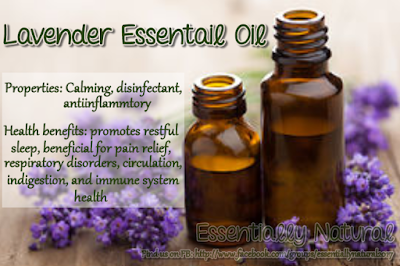Essential Oils are amazing for creating your own household cleaning products. These oils have naturally occurring antibacterial properties and are free from the chemical agents that plague many household products in our society. Oils can be added to your laundry routine and to sanitize your bathroom and kitchen. You will get amazing "clean" scents without the chemical fumes!
Citrus oils are a huge hit in our household! We love the fresh clean scents and orange oils are just a "happy" scent. Like many citrus oils, Wild Orange boasts antiseptic and purifying properties.
Wild Orange Multi-Purpose Cleaner10-12 drops Wild Orange Essential Oil2 oz White Vinegar16-18 oz Distilled WaterDirections:Add all ingredients to a spray bottle.Shake before use.
| The details, recipes and blends provided on this site are for information purposes only. While we are not a healthcare professionals, we are certified aromatherapists (or in training) and/or mothers wanting a natural lifestyle for our families. Please be sure to consult your primary healthcare provider before adding essential oils to your routine. |






















